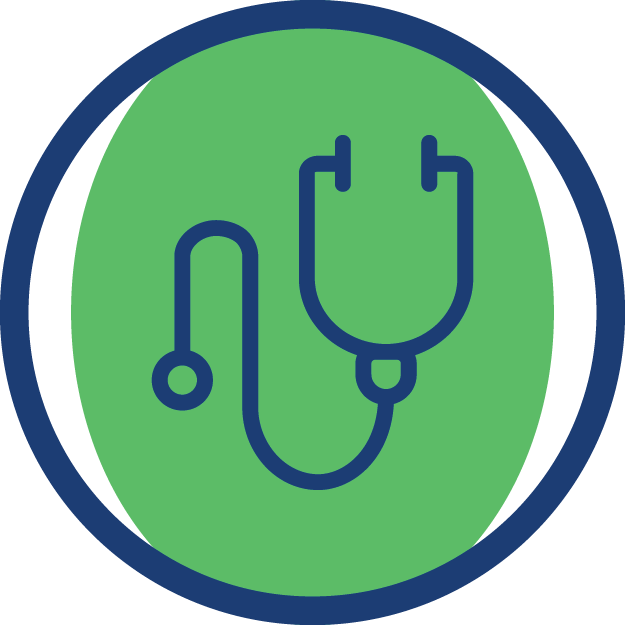Eisner Health Appoints Monica Gutierrez-McCarthy as New President + CEO
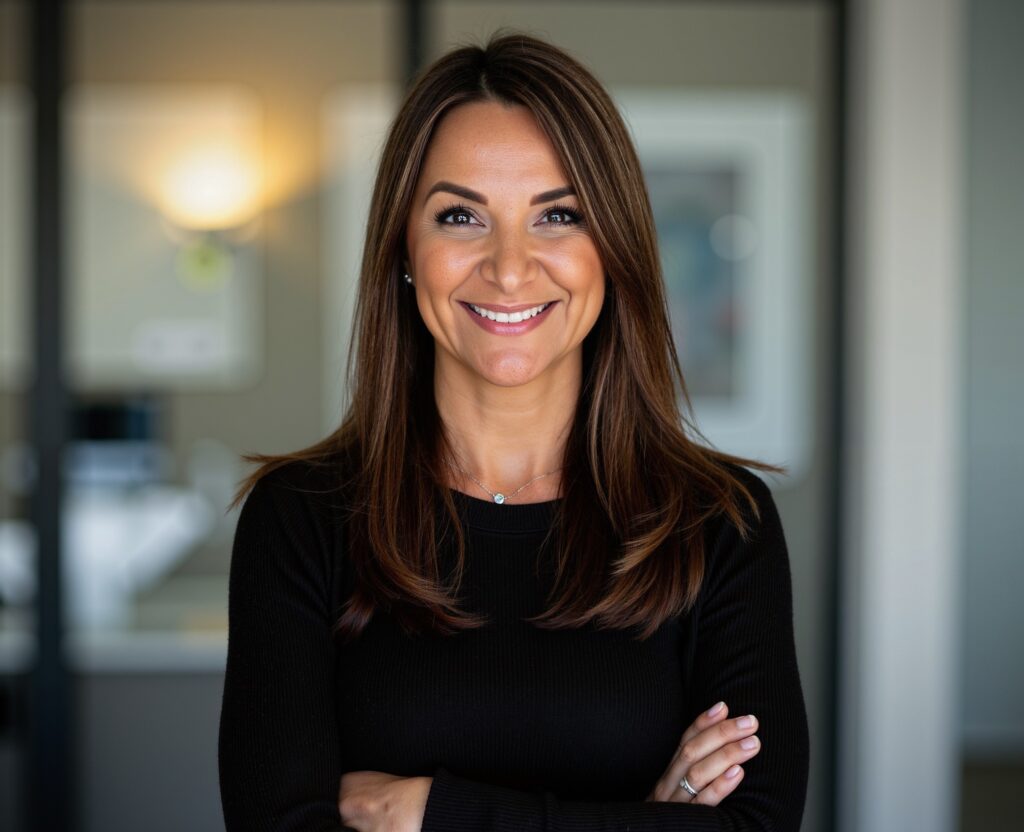
[Los Angeles, CA] — Eisner Health, a federally qualified health center in Los Angeles, and a leader in delivering compassionate, high-quality healthcare to underserved communities in Los Angeles, is pleased to announce the appointment of Monica Gutierrez-McCarthy, MS, as its new President and Chief Executive Officer (CEO), effective December 16, 2024. Gutierrez-McCarthy has served as […]
Eisner Health and iFoster form Innovative Partnership Training 100 Emancipating Foster Youth for Careers in Public Health
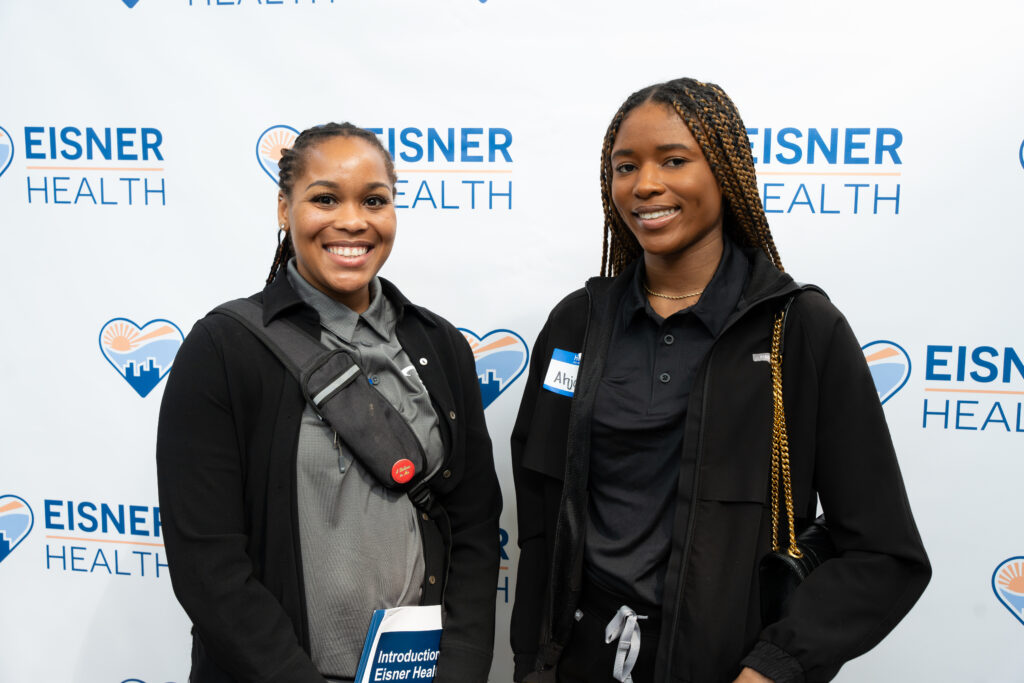
(Los Angeles, CA – June 10, 2024) On May 21, Eisner Health welcomed 100 emancipated foster youth to our flagship location in downtown Los Angeles in partnership with iFoster (www.ifoster.org to begin training for in-person internships. This internship was made possible through the Public Health AmeriCorps Program (created by the CDC) to support programs that recruit, train, and nurture […]
Eisner Health Board of Directors Appoints Monica Gutierrez-McCarthy to Interim CEO
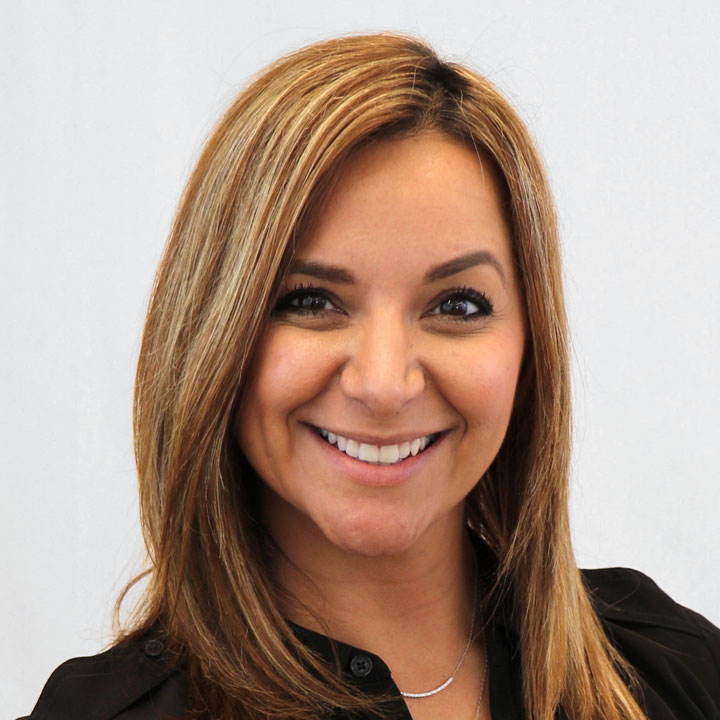
Effective March 15, 2024, CEO Warren Brodine resigned from his position as CEO of Eisner Health for reasons related to his family. Both Warren and the Board are grateful for Warren’s time at Eisner Health, especially during the pandemic. The Board appointed Monica Gutierrez-McCarthy as Interim CEO and asked she continue her role as COO […]
A Direct Path to Making a Meaningful Difference

In December 2021, Eisner Health partnered with The Change Reaction, a private foundation located in Los Angeles, creating an Angel Fund to provide micro-grants to patients and their families experiencing a short-term crisis. Our case management team has been empowered to use the Angel Fund to provide financial support to families in need, thereby amplifying […]
Micro-Grants for Caregivers: The Right to Rest and Recover Fund
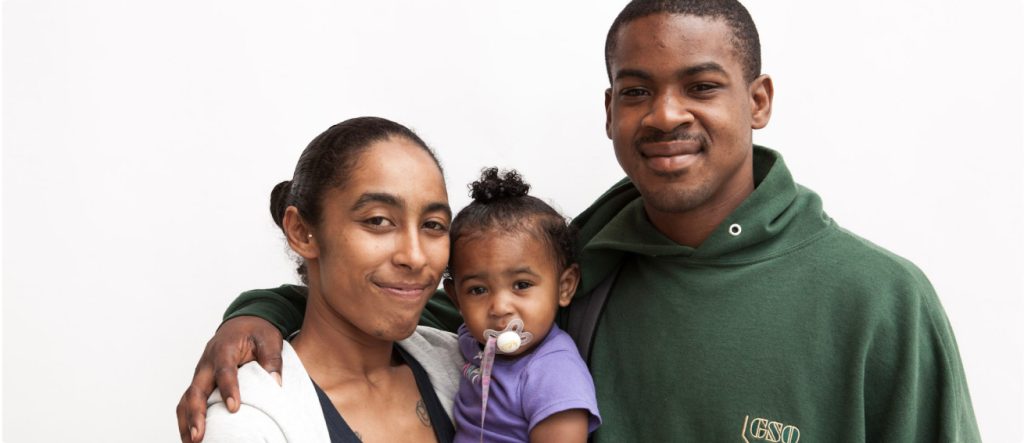
It’s heartbreaking when our patients have to choose between working to earn a living or taking time off to take care of themselves or a loved one, often forgoing the day’s wages to do so. Eisner Health has partnered with Good+Foundation to provide caretakers and their families with microgrants through the Right to Rest and Recover Fund. Launched in November 2021, this new Fund has provided 100 caregivers […]
Eisner Health receives $32,000 from the Hundley Foundation to Help New and Seasoned Fathers

Thanks to a gift from The Hundley Foundation, beginning in March 2022, Eisner Health, is launching a free online course in Spanish and English to new and seasoned fathers in the greater Los Angeles area. Being a father is not an easy task, especially when you did not have a strong male father figure,” explains […]
Reports from the Frontlines: Providing COVID-19 Vaccines in Los Angeles
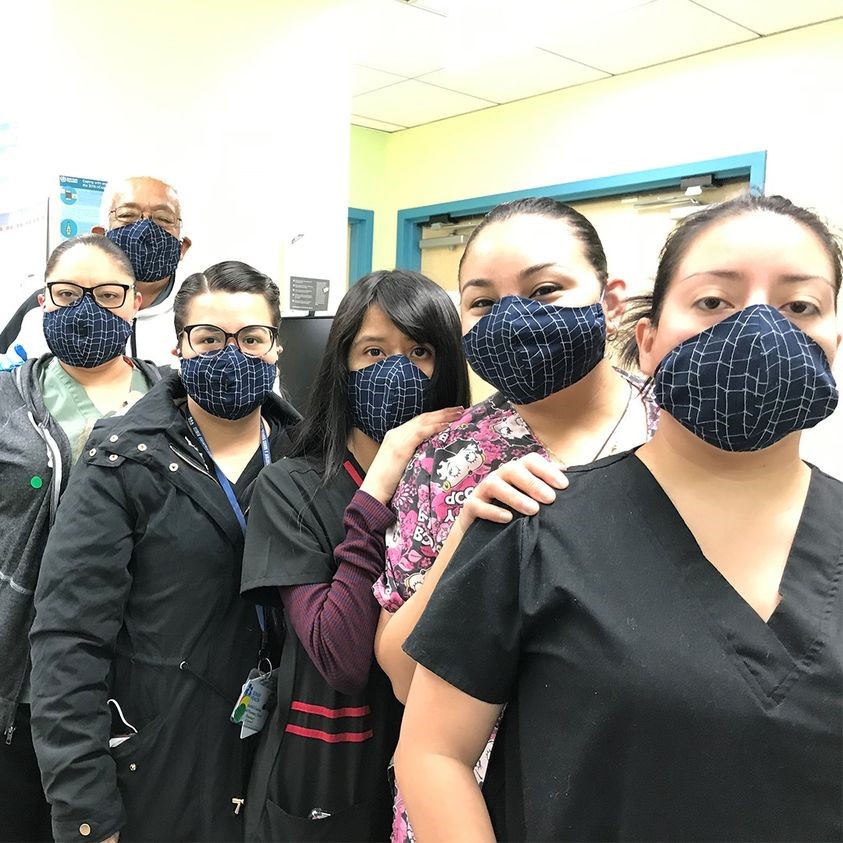
As the COVID-19 virus threatened to overwhelm the nations’ hospitals in March 2020, community clinics served as the first line of defense for residents. The Eisner Health team worked on the front lines to combat the COVID-19 pandemic and keep our communities safe. As we near the end of 2021, Eisner Health continues to be […]
Eisner Health Partners with National Health Foundation to Support Healthcare Equity
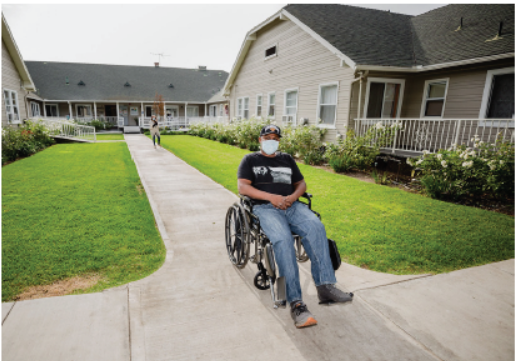
Pictured: A recovering patient getting some fresh air at the facility at the Pico-Union site. In March 2021, Eisner Health began a new partnership with the National Health Foundation’s Pico-Union Recuperative Care Center (NHF). Homeless patients who have recently been discharged from the hospital come to NHF, a 24-bed facility, for up to 3 weeks […]
Leeba Ruth Lessin bequeaths gift to Eisner Health’s Pediatric Department
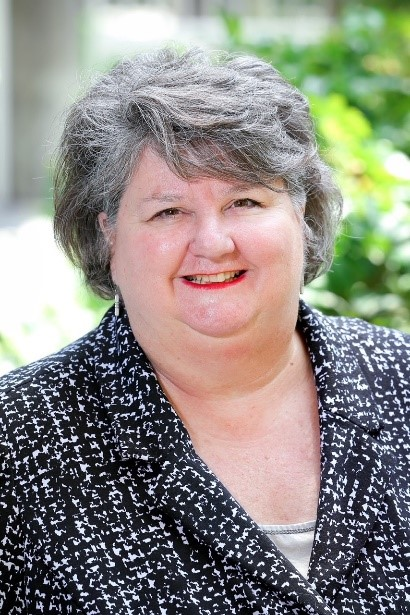
Earlier this year, Eisner Health received a very generous estate gift from Leeba Lessin, a former pediatric patient of Eisner Health. Her gift is dedicated to our pediatric department and a plaque will be placed in our downtown clinic to honor her life and her gift to Eisner Health. Leeba Ruth Lessin was 62 when […]
Dedication of the Anita M. Baldwin Statue in Arcadia
Eisner Health was founded in Los Angeles, CA in March 1920 as the Anita M. Baldwin Hospital for Babies. Anita May Baldwin (1886-1939), from which we were named, was the daughter of Elias “Lucky” Baldwin, a successful business man, investor and real estate owner. Born in 1886 in San Francisco, CA, Anita and her family […]

